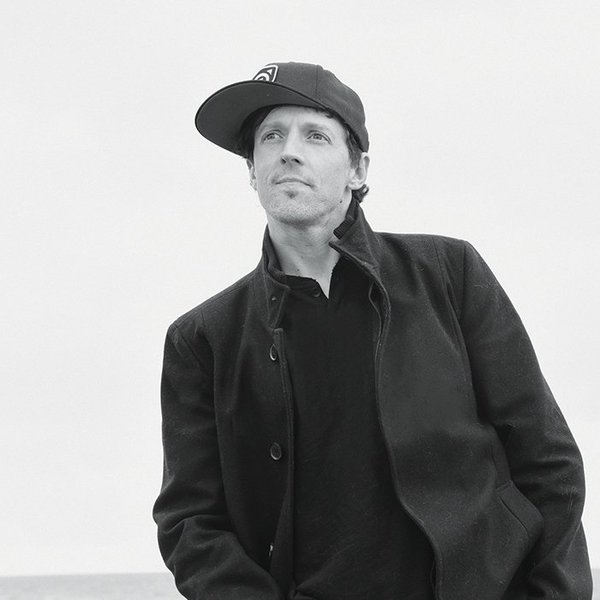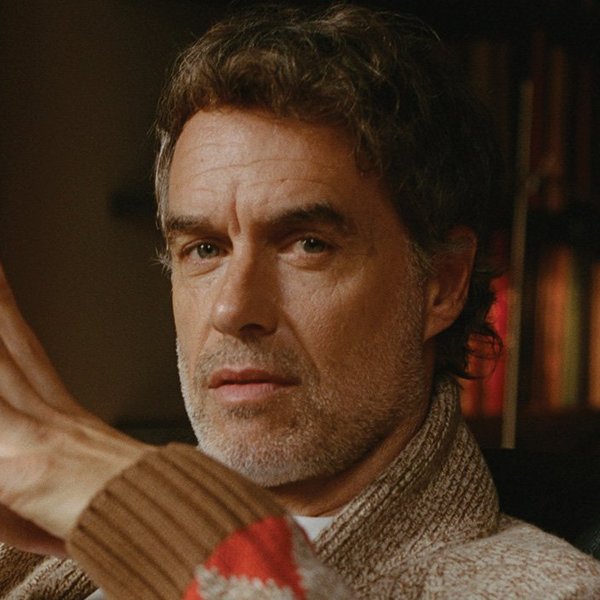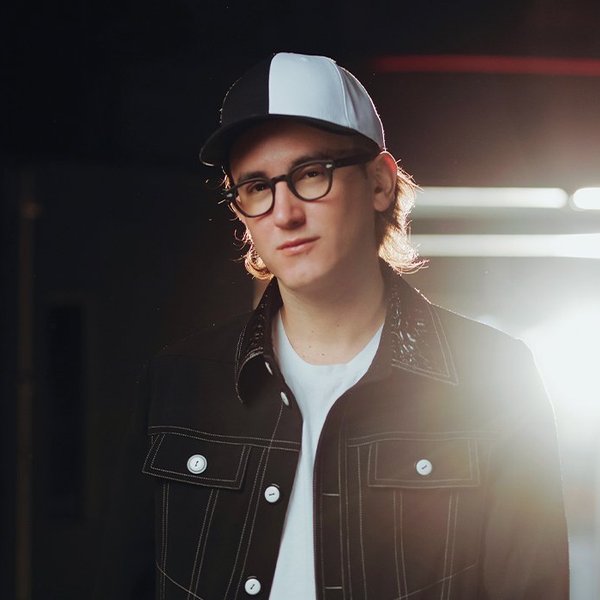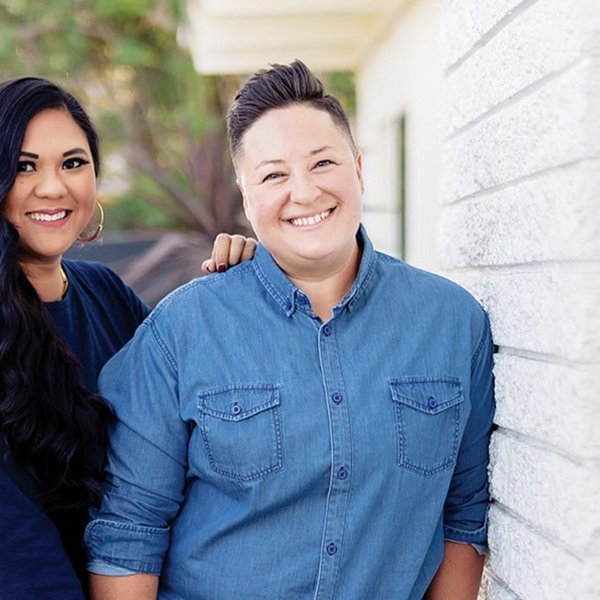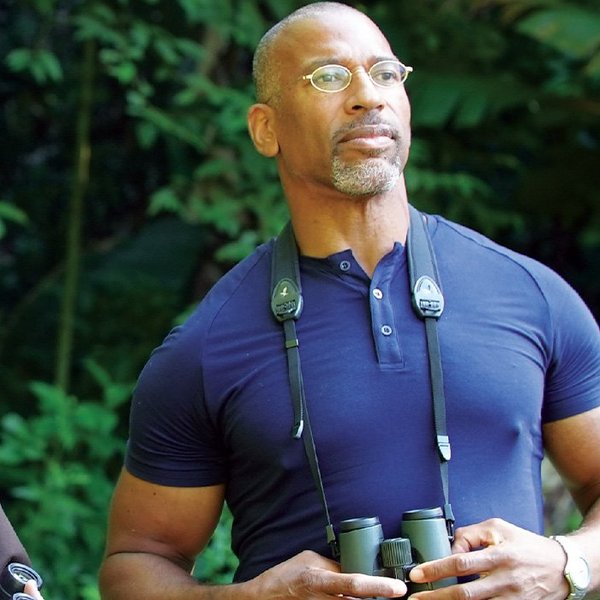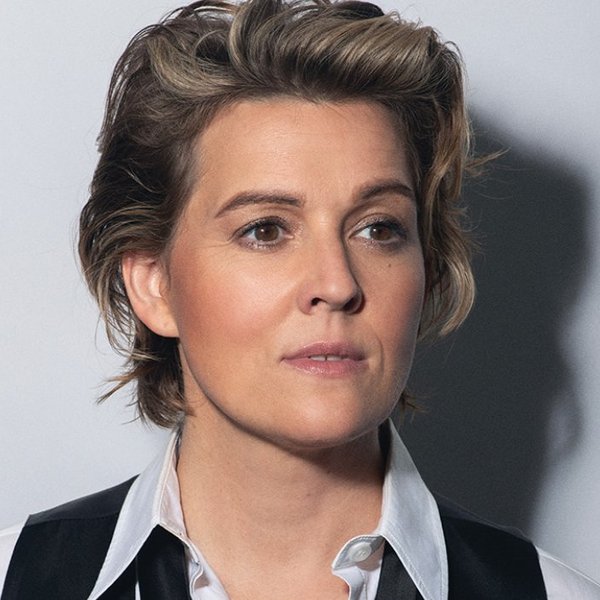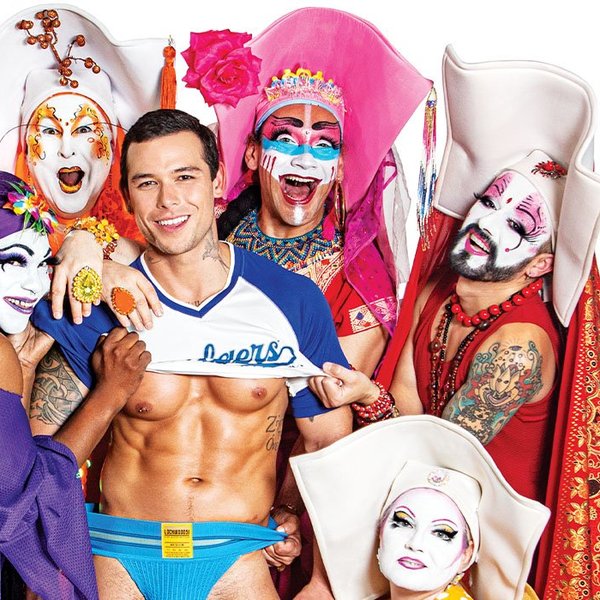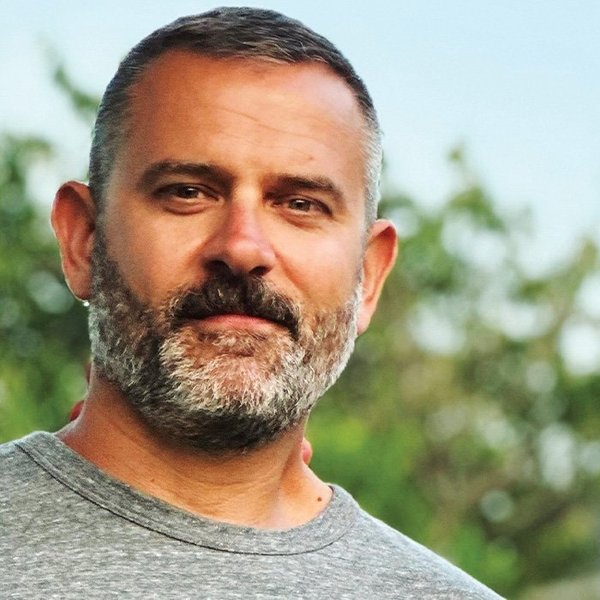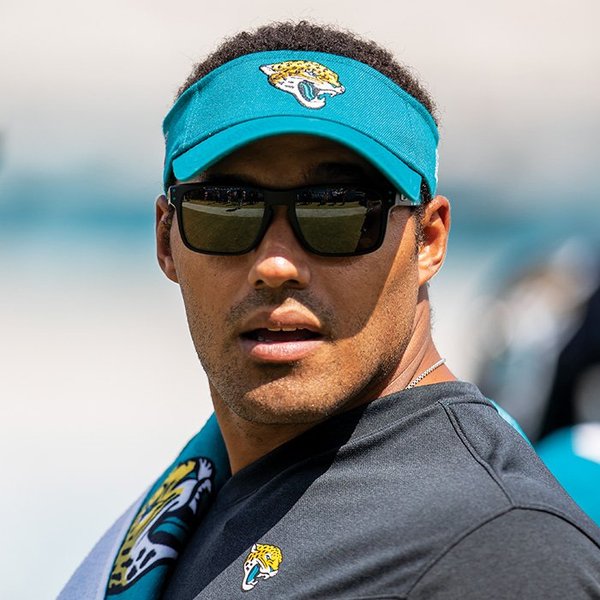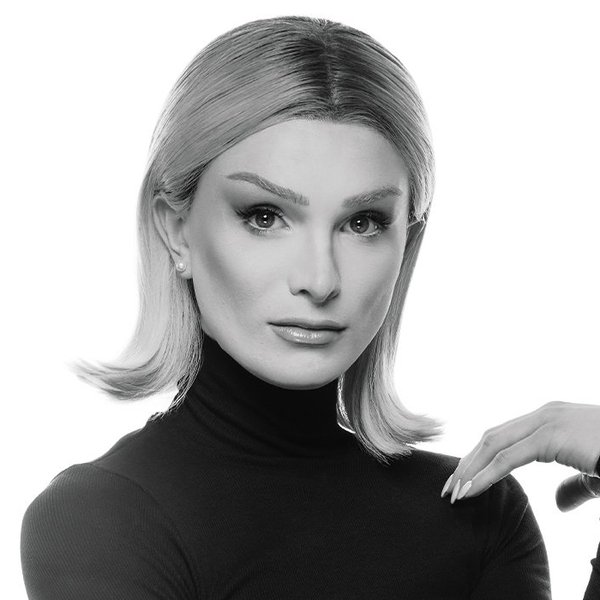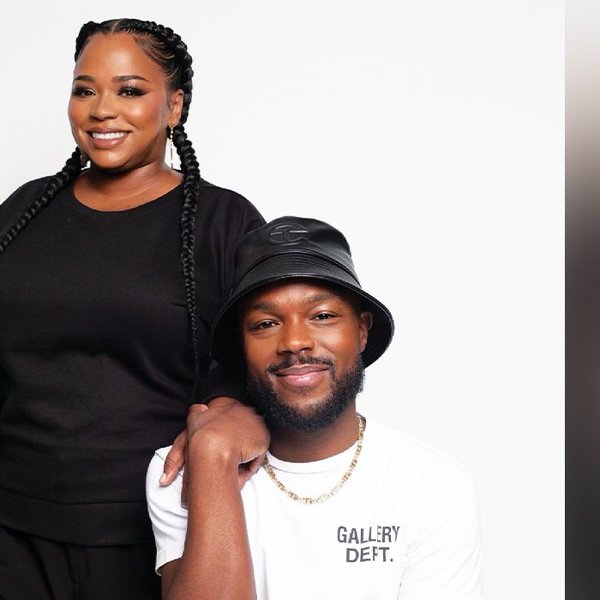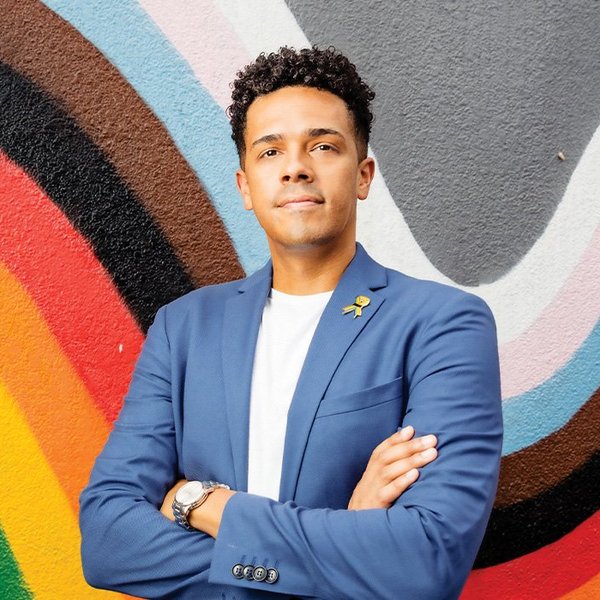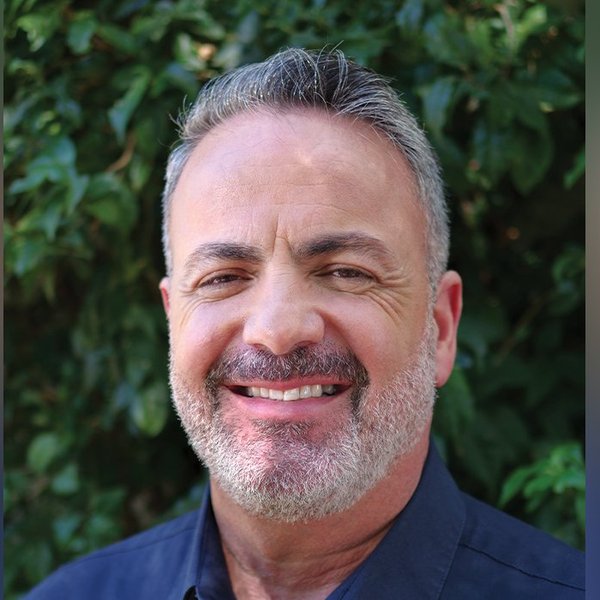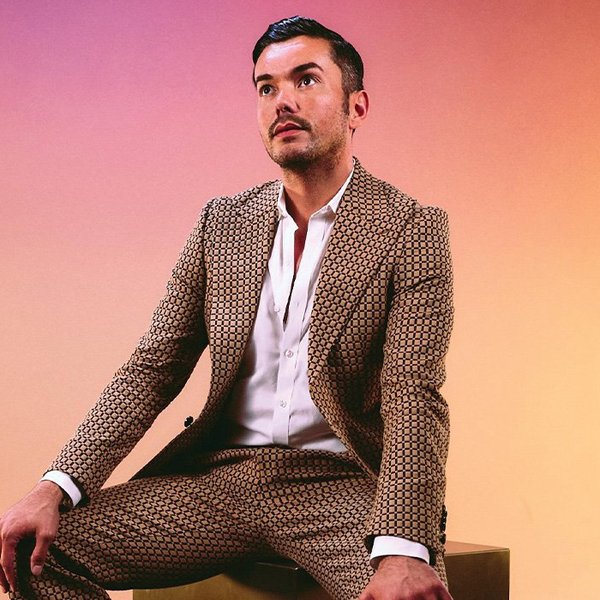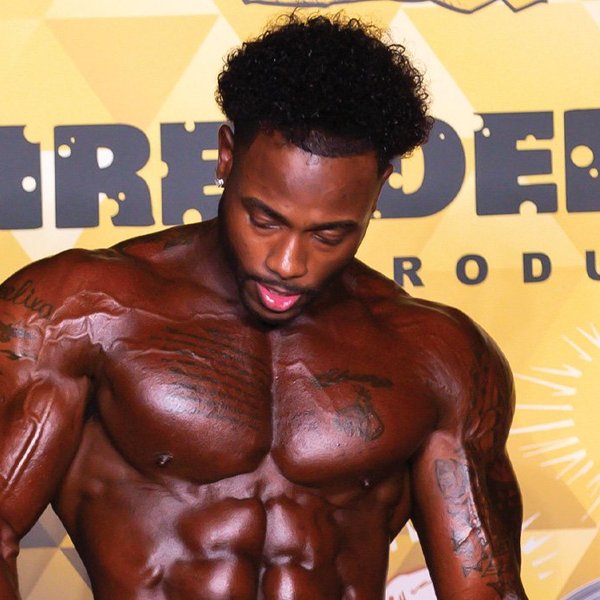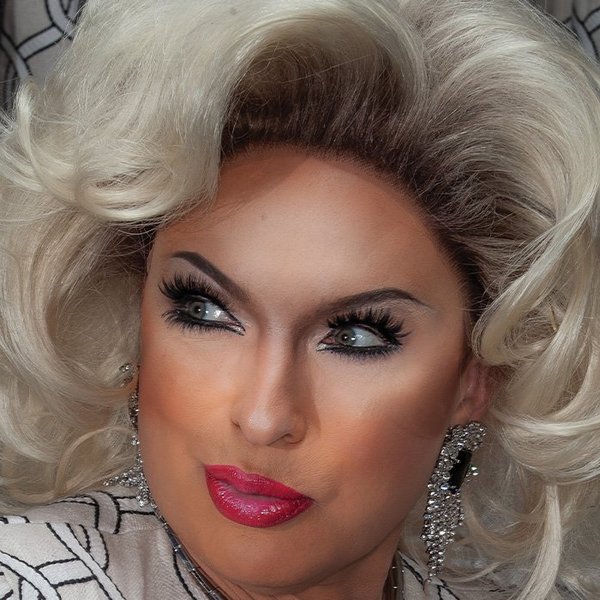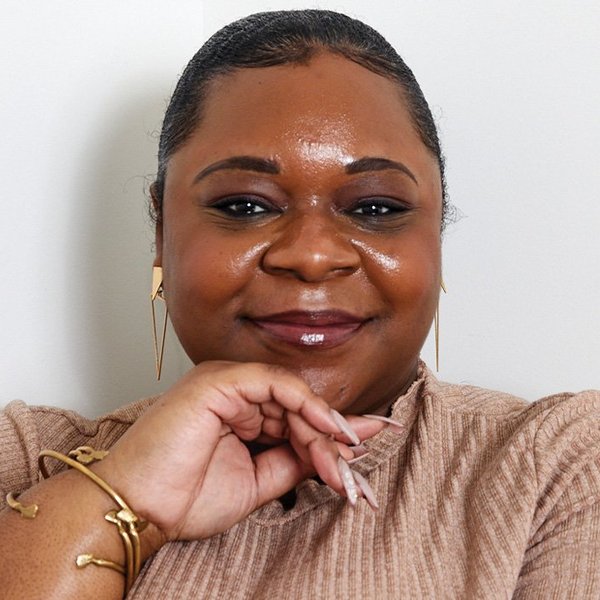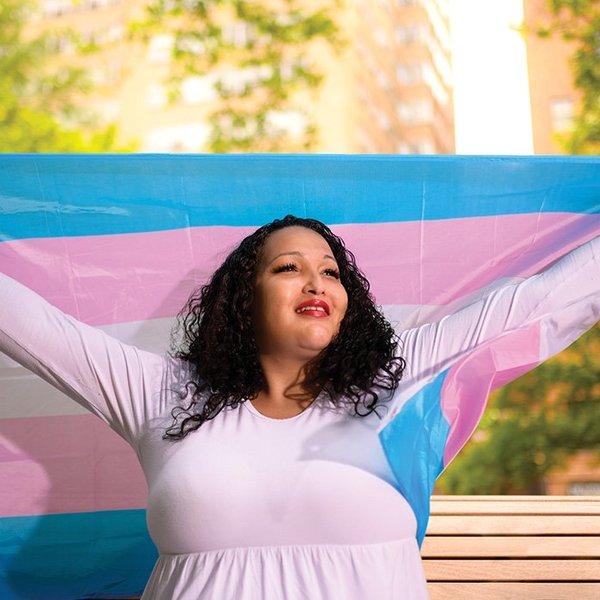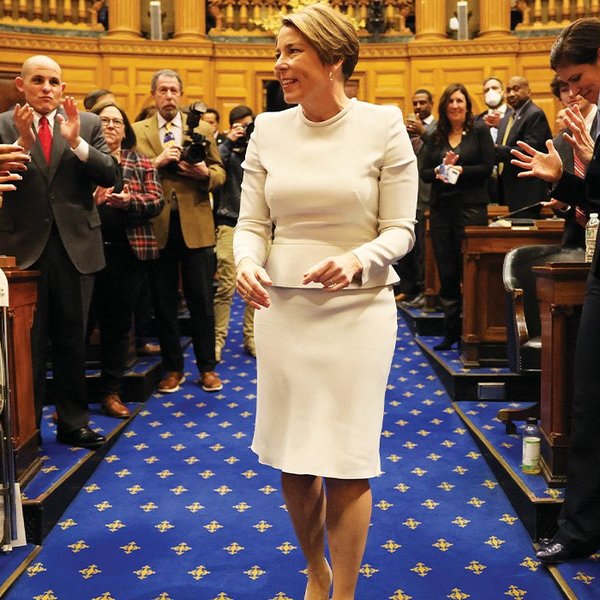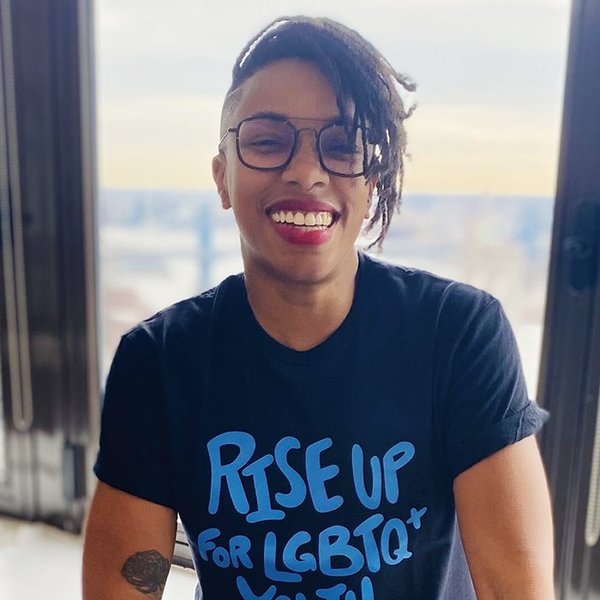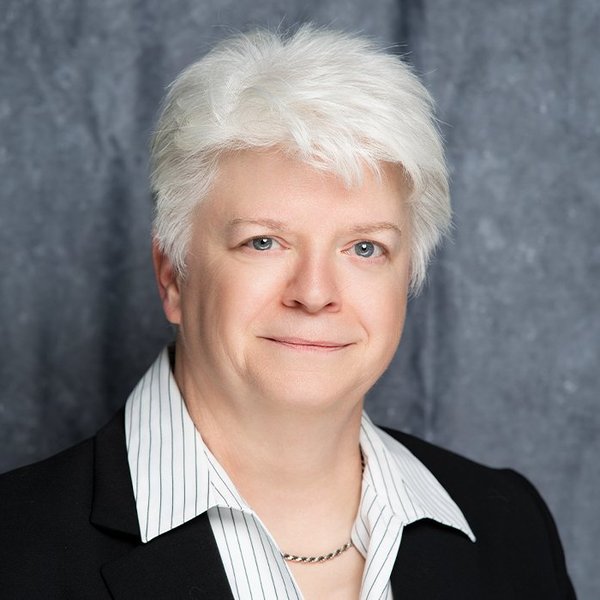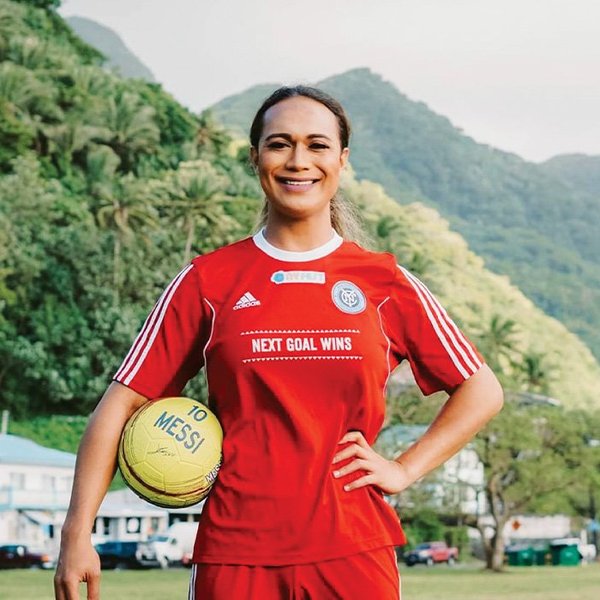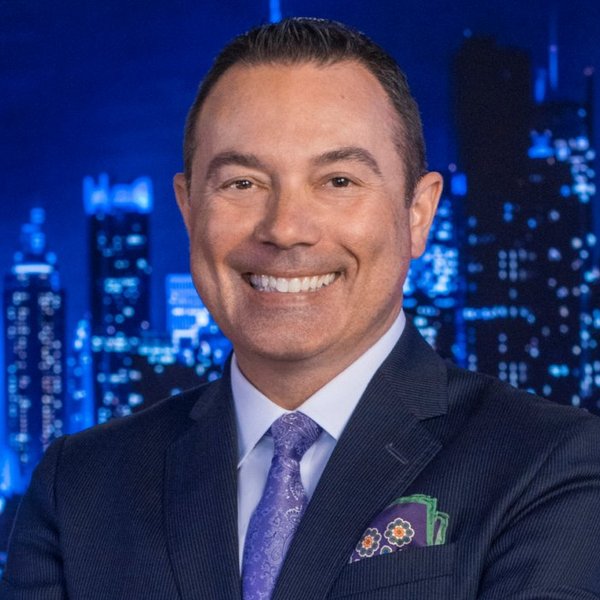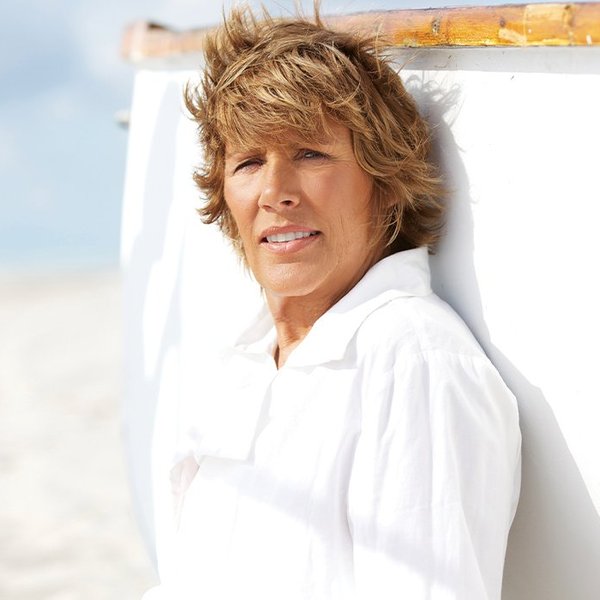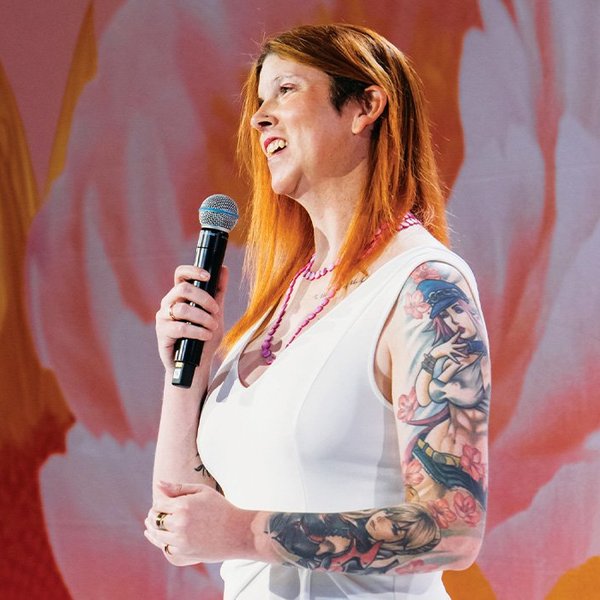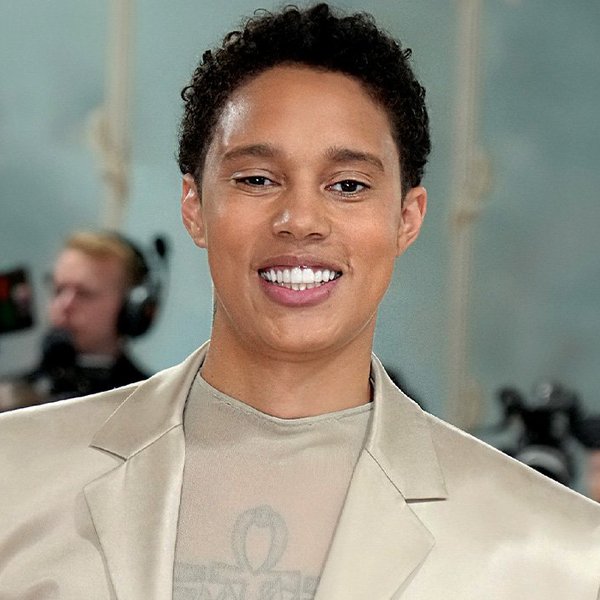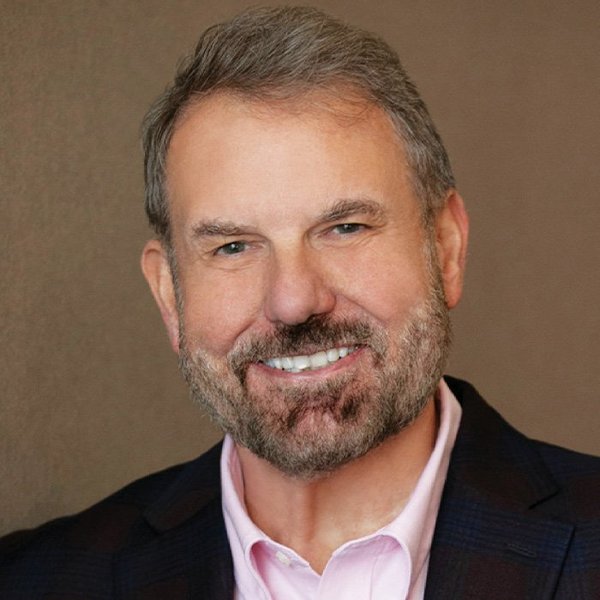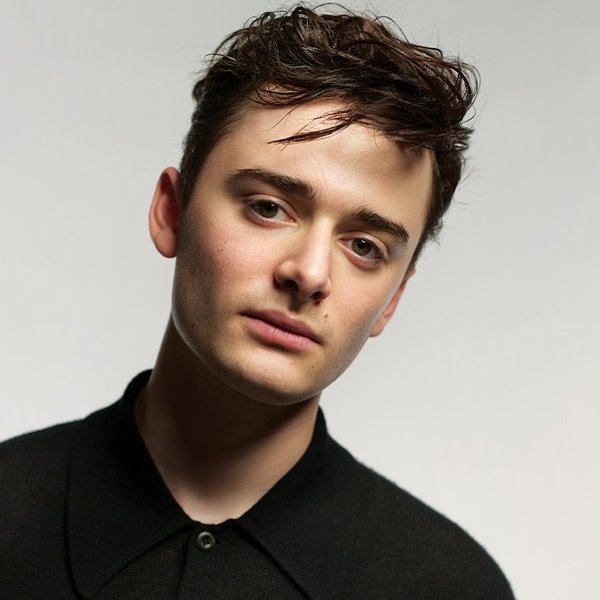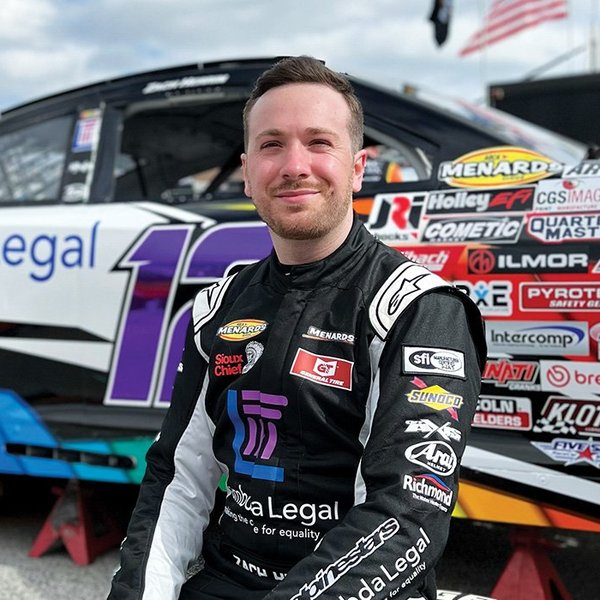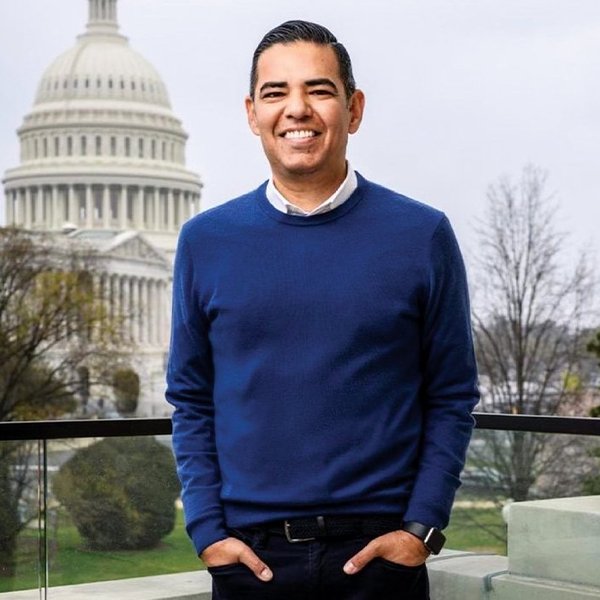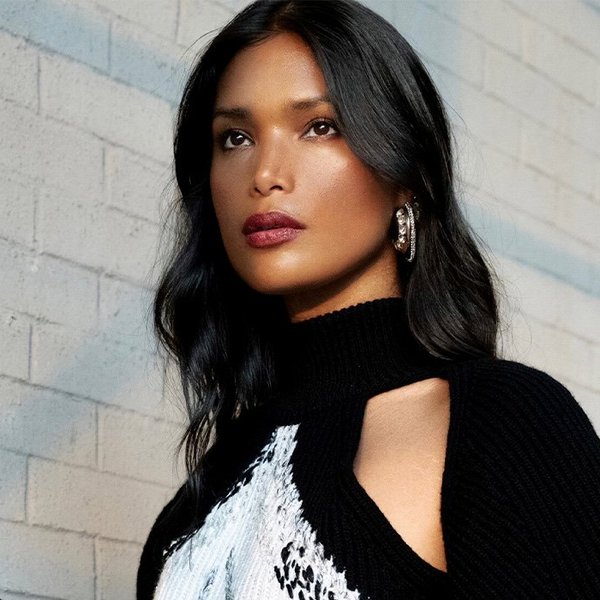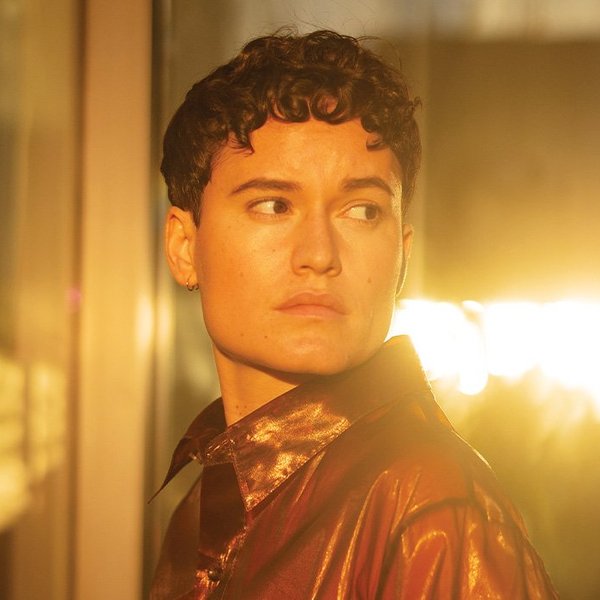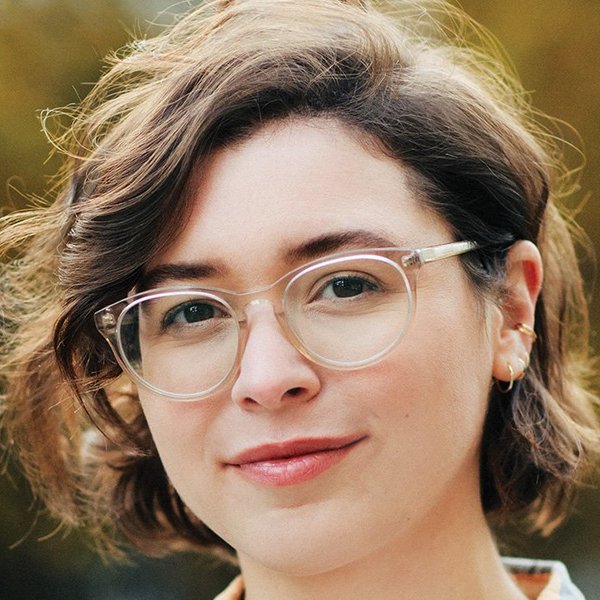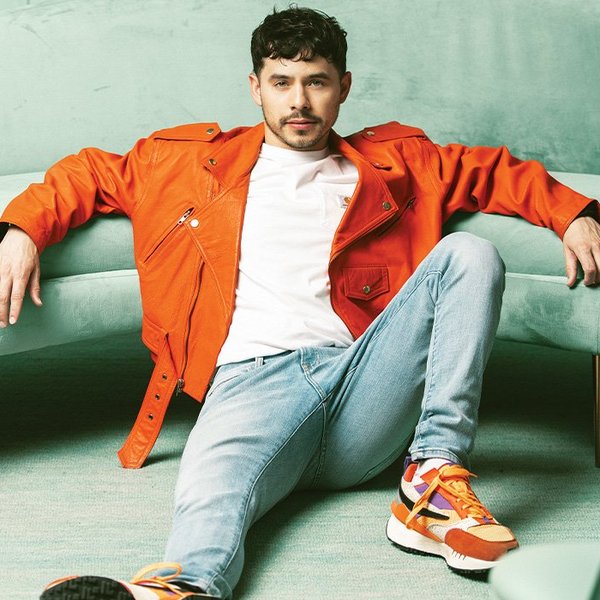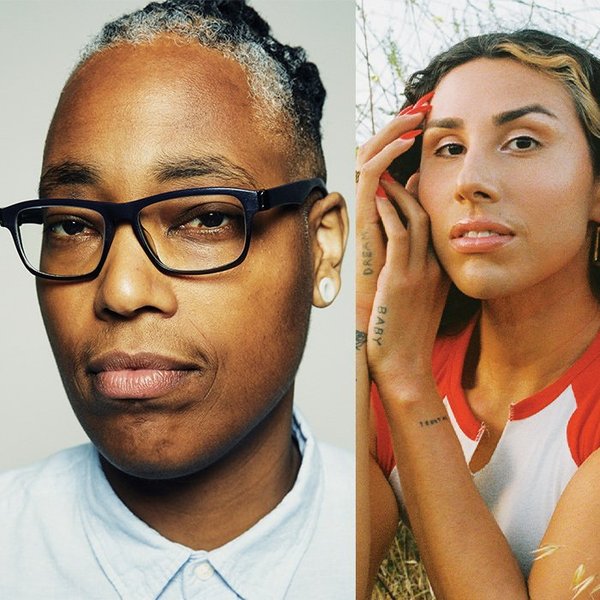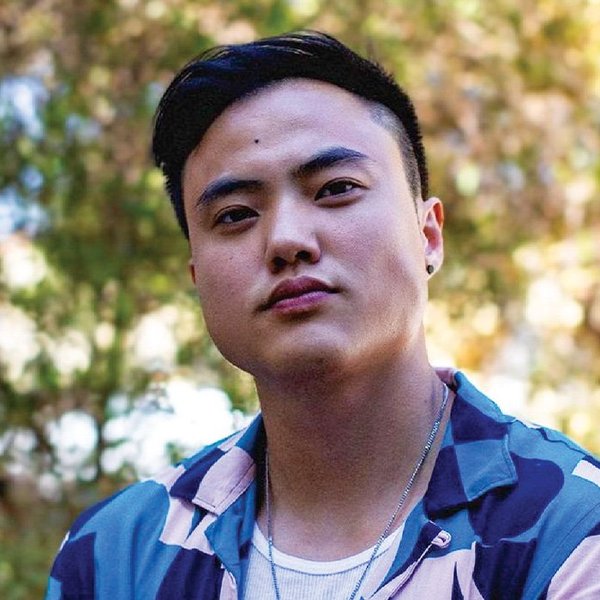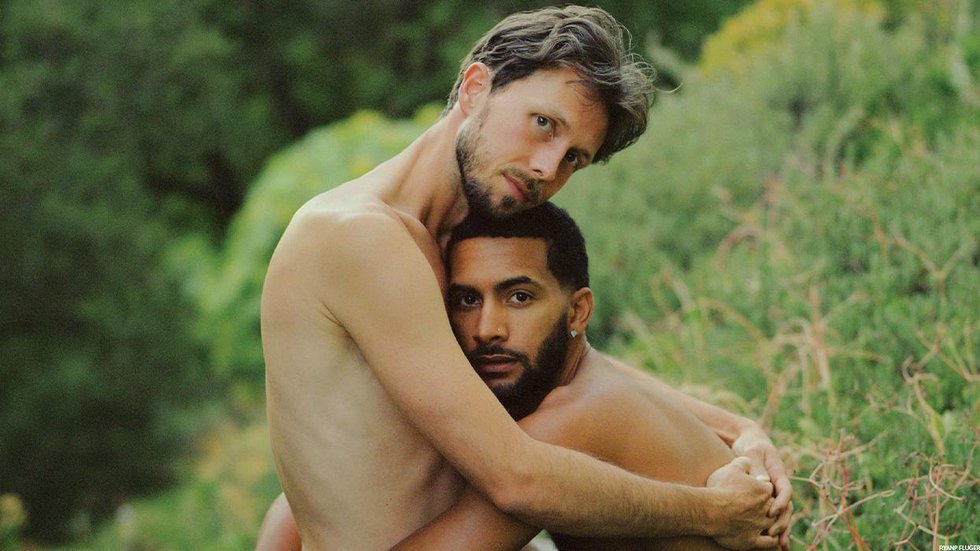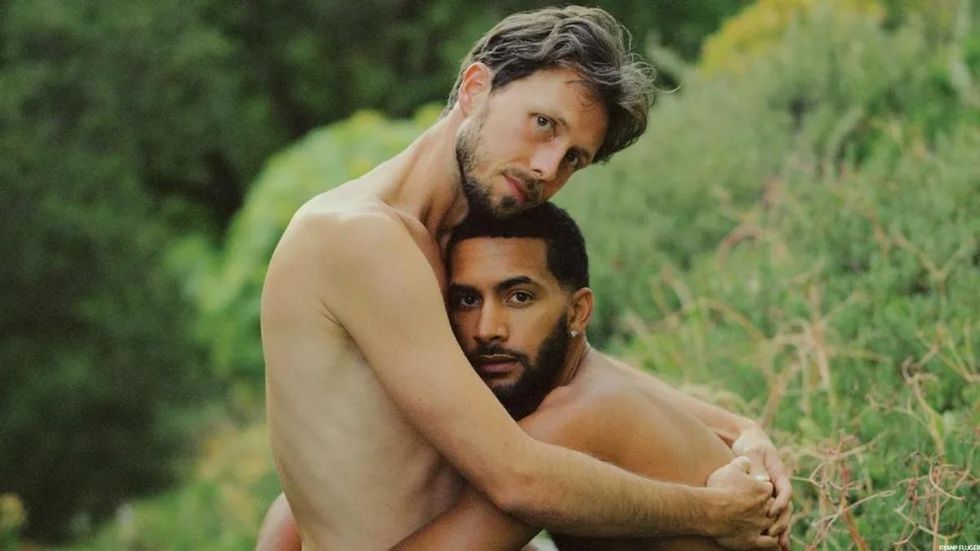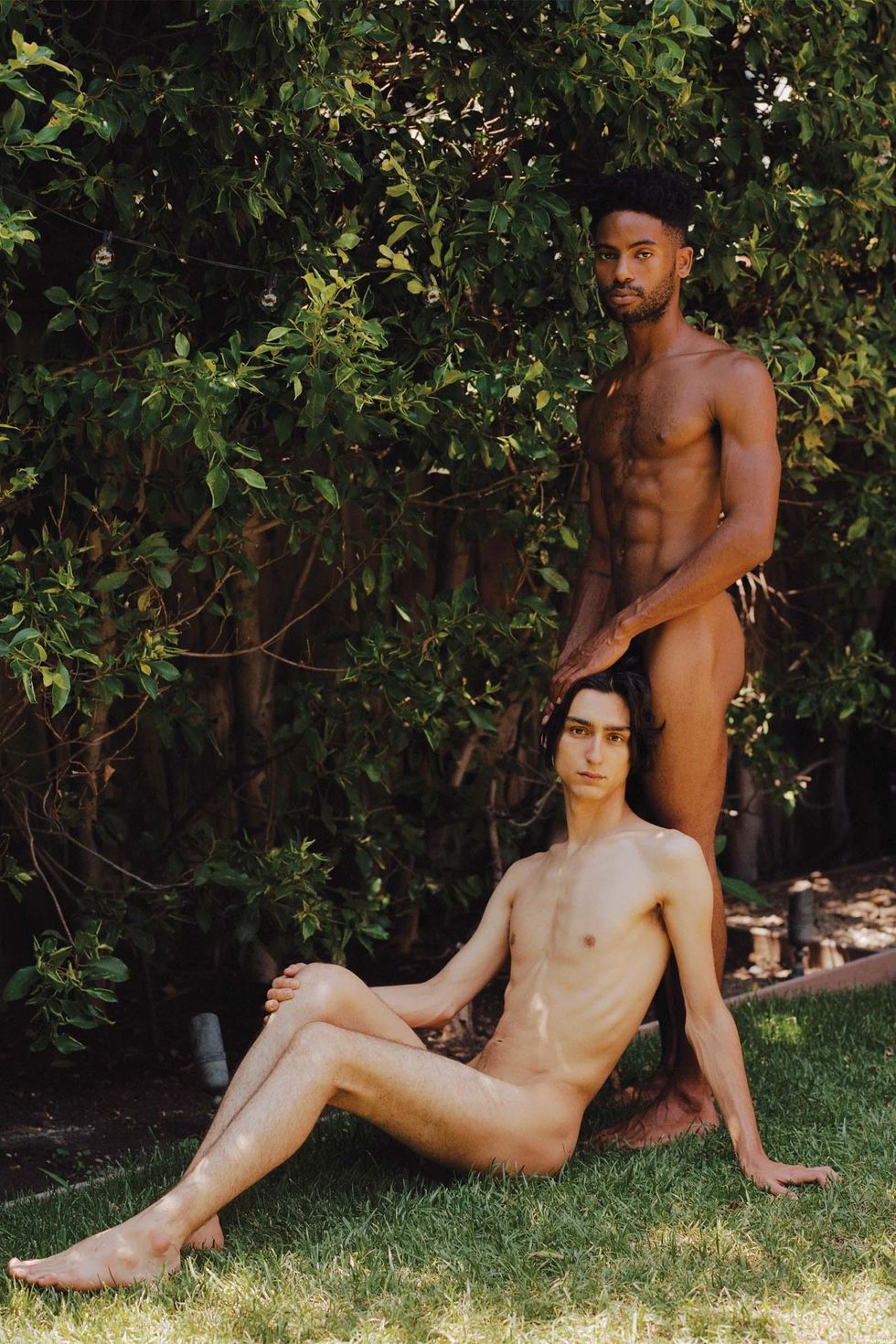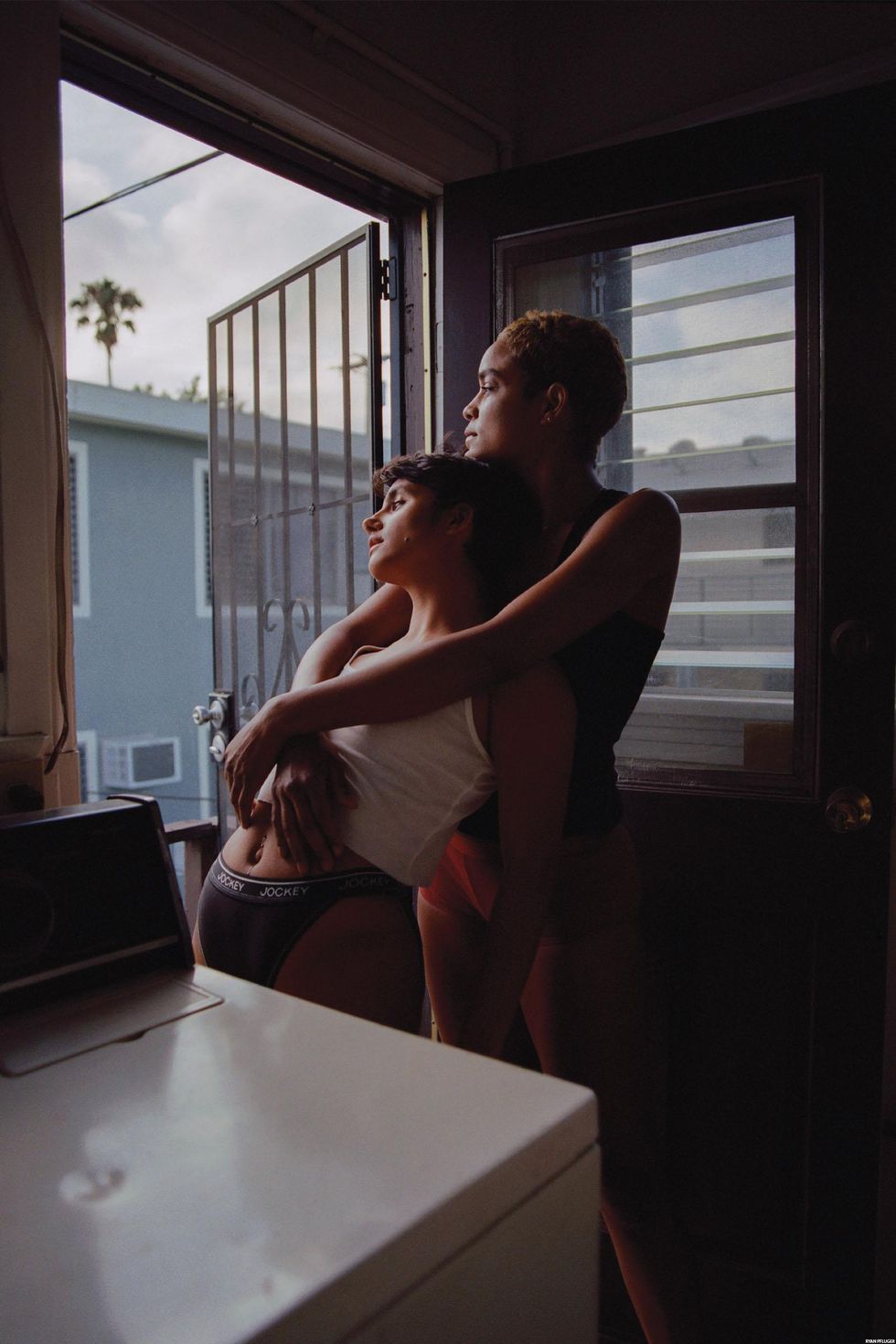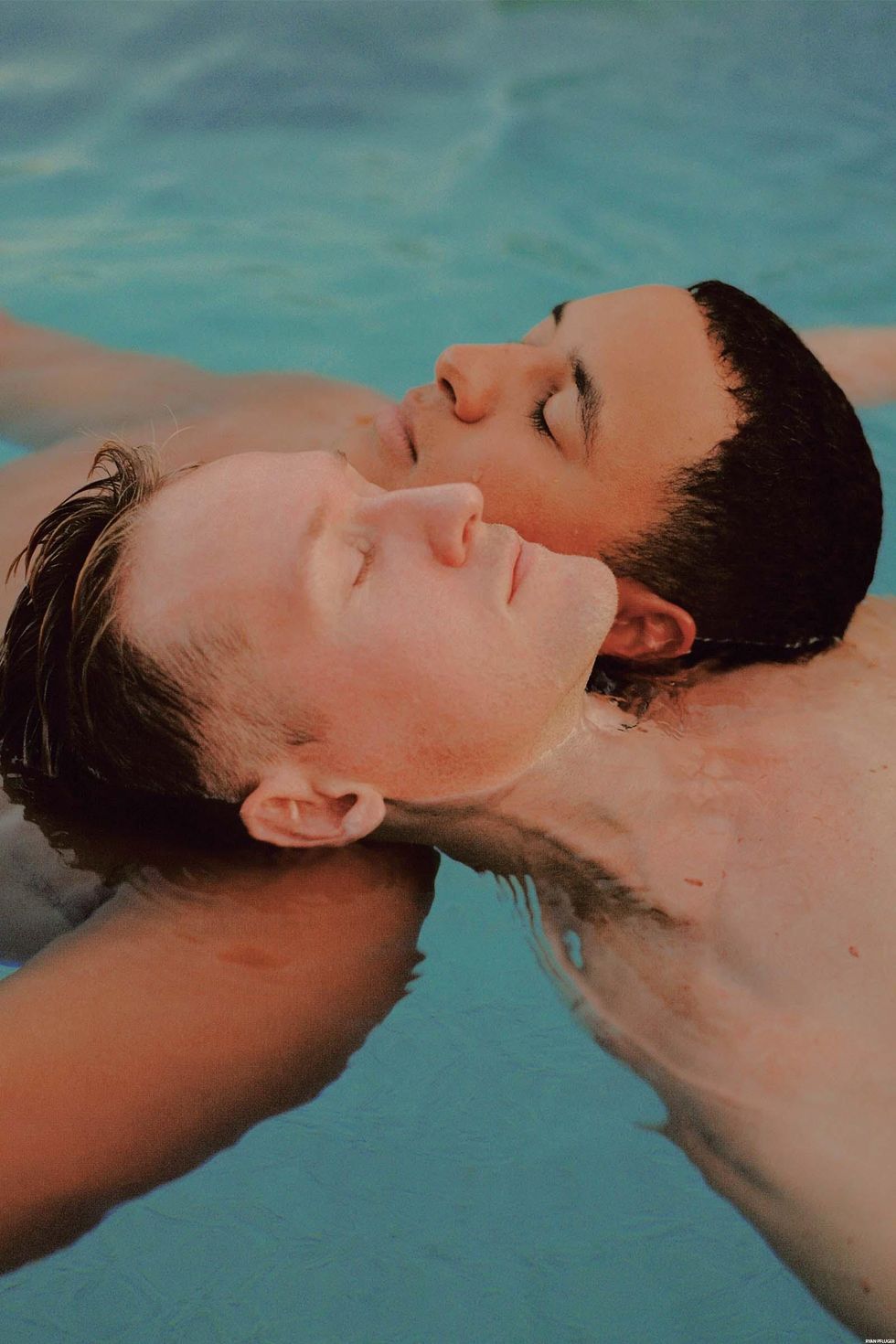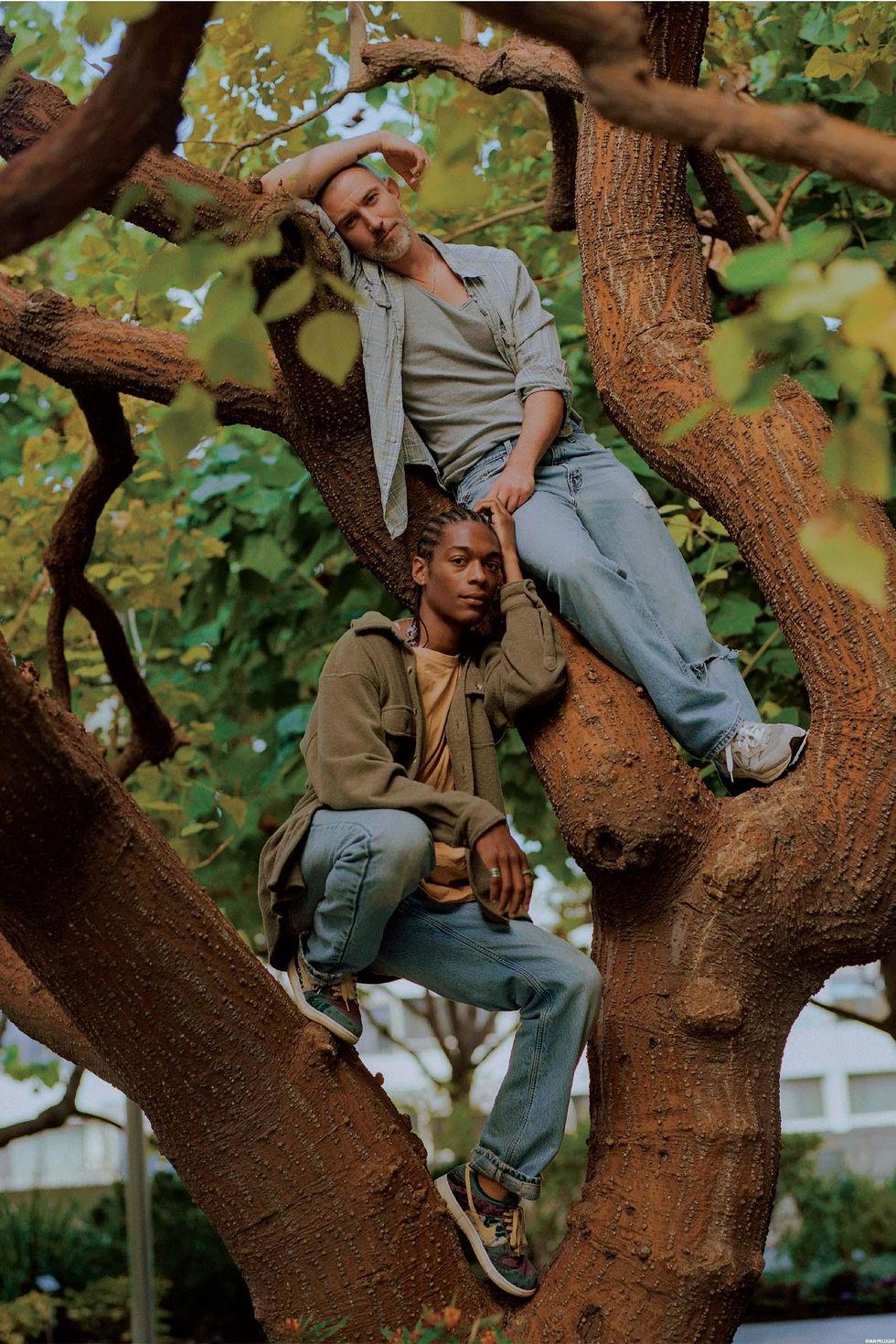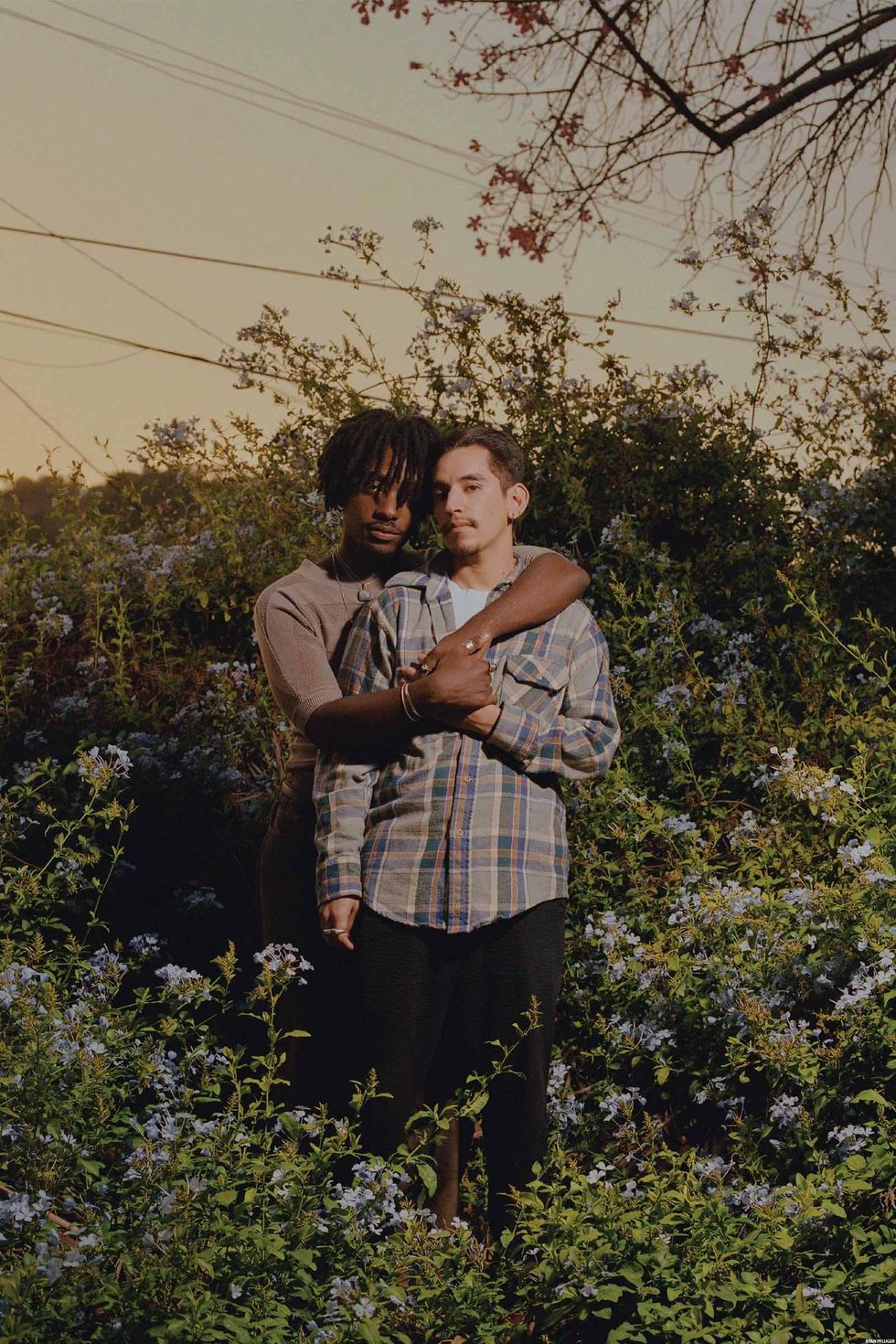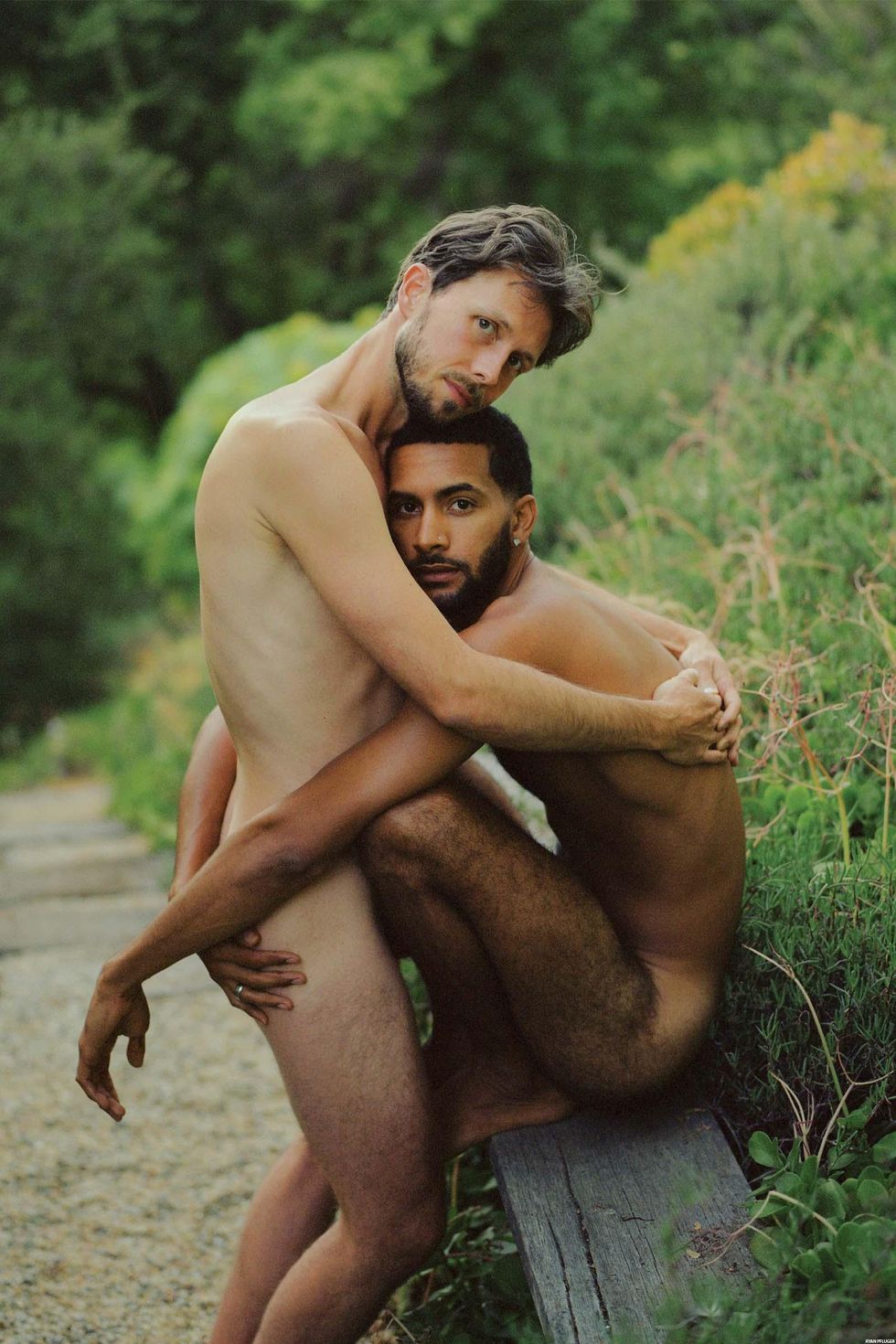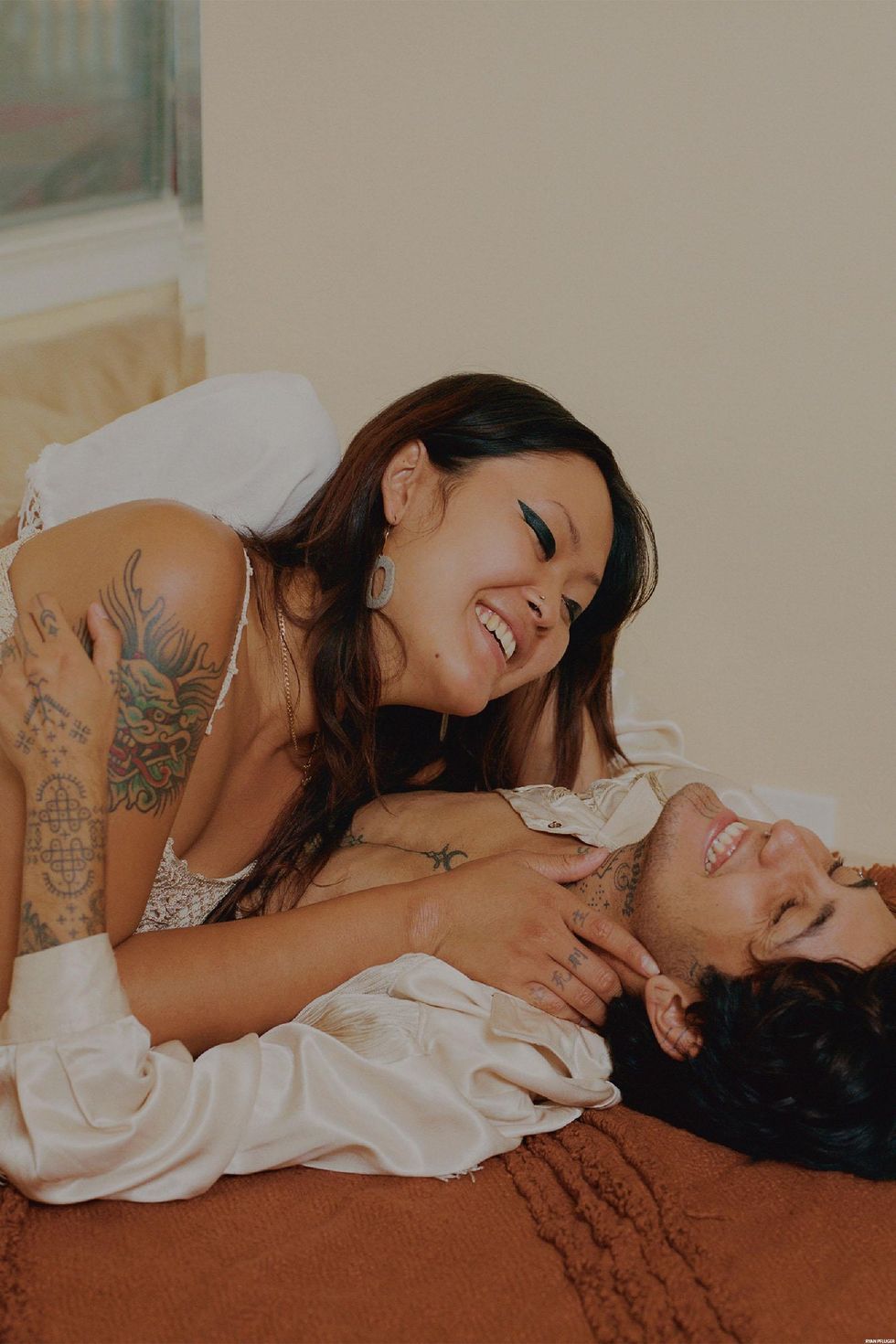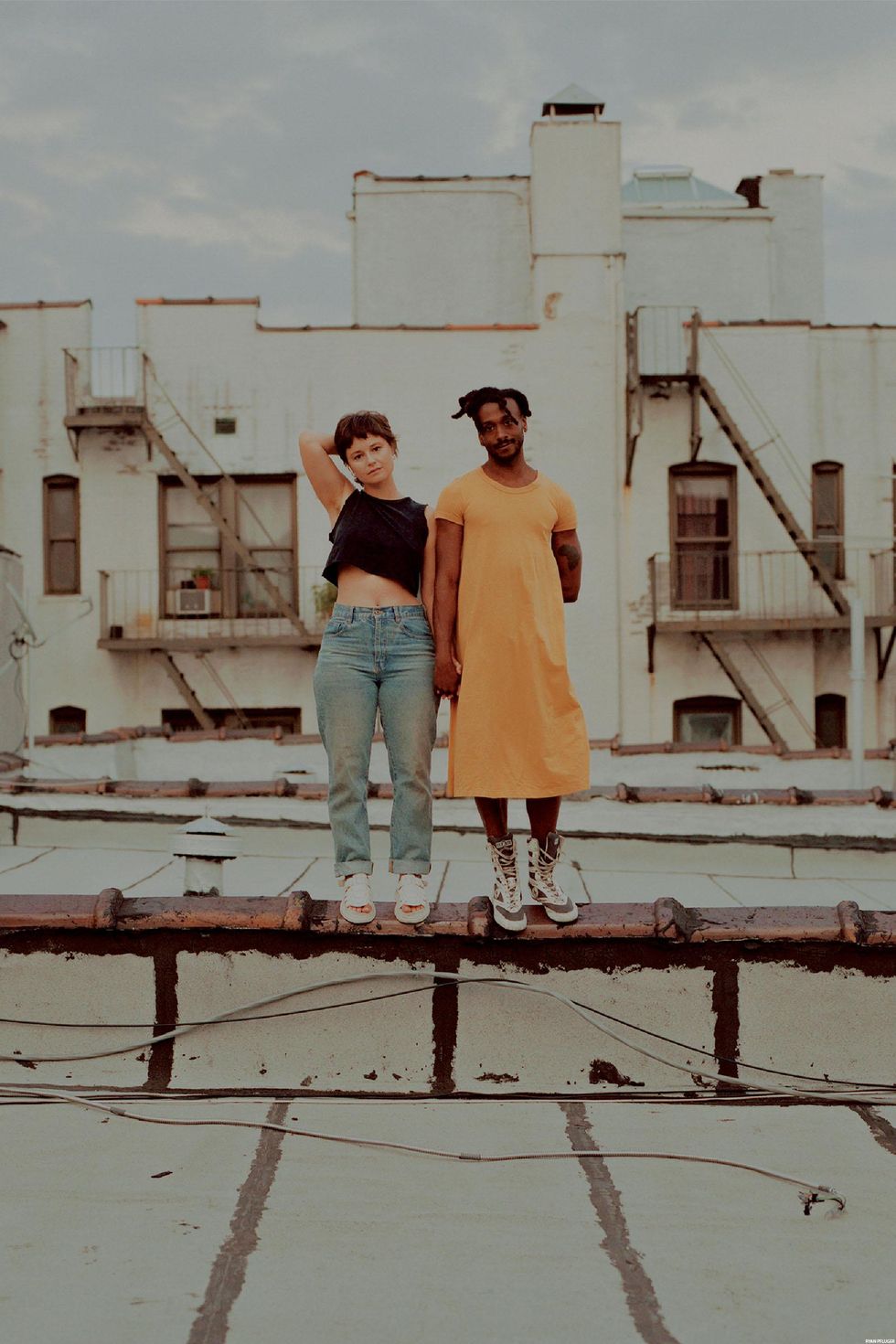
Raquel Willis's impact is felt. Whether it's the Black trans women in the South and Midwest who she helped to lead through the Black Trans Circles organization she founded in 2018; the larger communities she helped to foster and advocate for as a national organizer for Transgender Law Center; or even the readers of Out, who read the product of her work as she functioned as executive editor of this publication, the group of those that have seen the results of her work is truly expansive.
Willis describes herself as "a writer, activist, and cultural organizer dedicated to uplifting the dignity, power, and work of people on the margins, particularly Black transgender people." Currently, that comes in the form of her position as the Director of Communications for the Ms. Foundation where her work is "concerned with ensuring that as many people as possible know that we are all encumbered by restrictions notions of identity and our personal experiences." But as always, Willis's labor goes behind her 9-to-5.
This year she was one of the organizers of the largest action in history for trans folks: Brooklyn's Liberation March and rally in June boasted over 15,000 people who took to the streets of New York City to demand protection and justice for Black trans people.
"I believe in your power," she said, leading the crowd in a chant. "I believe in my power. I believe in our power. I believe in Black trans power." The action earned her, along with the other organizers, the Stonewall Foundation's 2020 Vision Award. Willis was also honored with the MTV European Music Awards' Generation Change Award this year as a result of her "powerful work on the front lines of the fight for racial and social justice across the world." But she's far from being done.
Willis says this year she's learned that "people on the margins have even more resilience inside of us than we could ever imagine," and that "our community will never truly be free until the most marginalized of us have full control of our narratives and livelihoods." She wants to help bring about that freedom. She wants to help bring about a future where "more and more queer and trans people of color producing and creating their own works behind-the-scenes in publishing, cinema, television, and music."
When she looks ahead, she sees a bright and better future. "I see us continuing to evolve in our understanding of systems of oppression like white supremacy, cisheteropatriarchy, capitalism, and so much more," she says."I see Black trans people continuing to be the vanguard of culture and power. I see frontline organizers being acknowledged and respected more and more for being the lifeblood of our movements and I see those who don't understand that falling out of power sooner.". She wants us all to heal together, as "our personal healing is so tied to our collective healing." It's a beautiful vision, and one worth fighting for.
On top of all that, Willis still has time to take care of her plants, and even start writing her first memoir, which will feature "some of the lessons I've learned being involved in various social justice movements for several years." Like the rest of her legacy, it will undoubtedly leave an indelible impact that will last long after it debuts.
A version of this piece was originally published in this year's Out100 issue, out on newsstands 12/1. The issue has four cover star: Janelle Monae, Wilson Cruz, Joe Mantello, and Janaya Khan. To get your own copy directly, support queer media and subscribe -- or download yours for Amazon, Kindle, Nook, or Apple News +. The full Out100 will be released Thursday, November 19, 2020. The first-ever Out100 Symposium, titled "How Do We Come Back From This" will stream on Out Friday and is set to be hosted by Janaya Khan. The first-ever Out100 Virtual Honoree Induction Ceremony will be Saturday, November 21, 2020 at 8 p.m. EST. You can watch live on the Out100 Live landing page.









